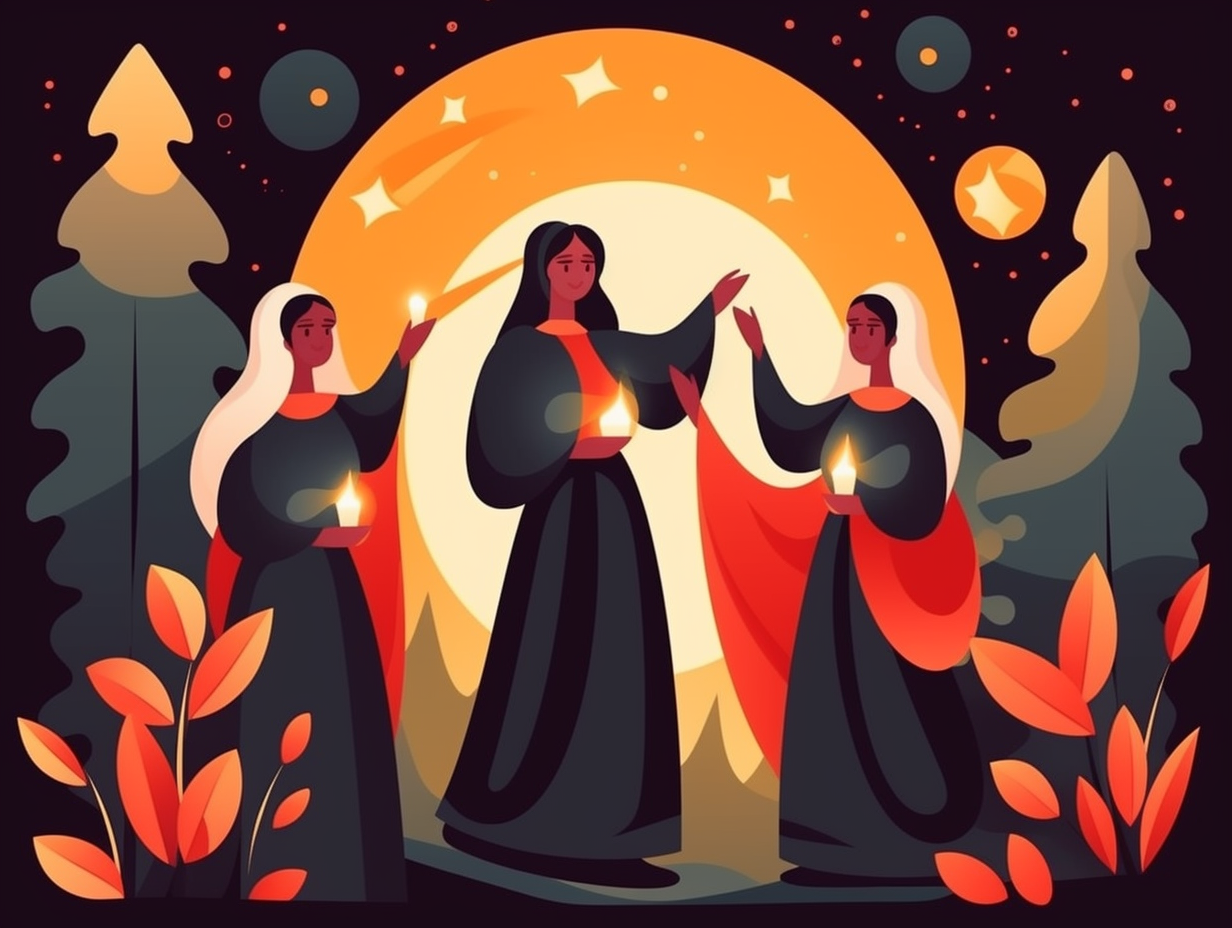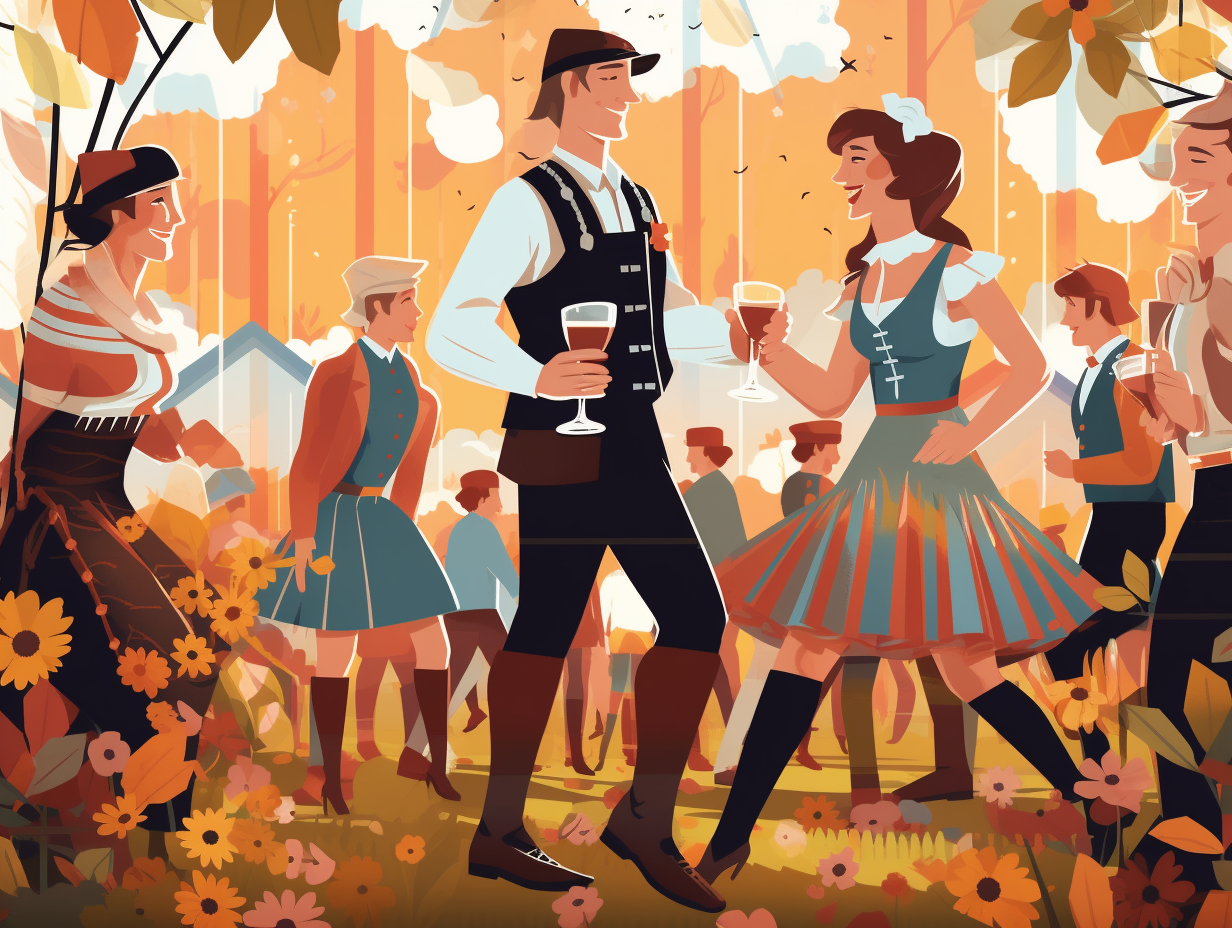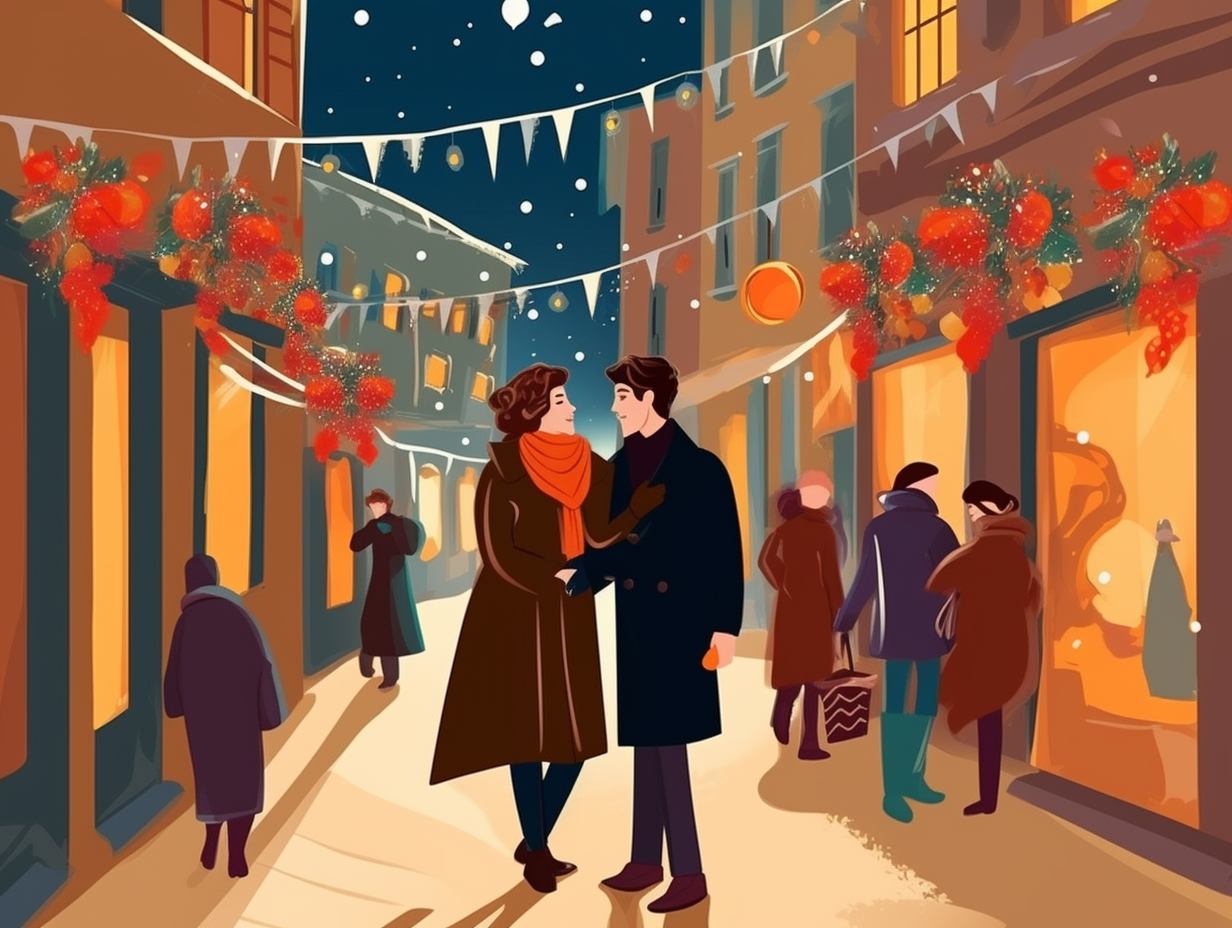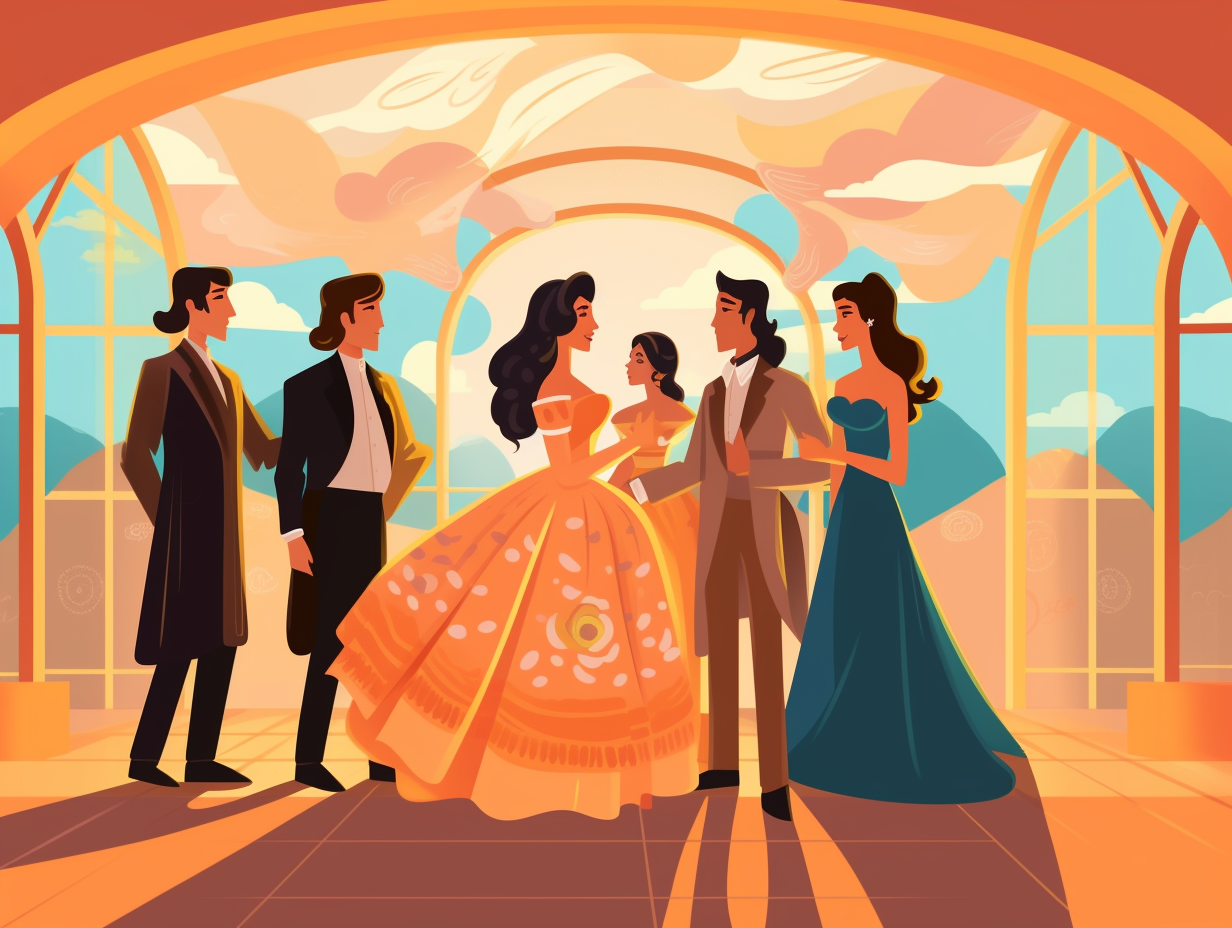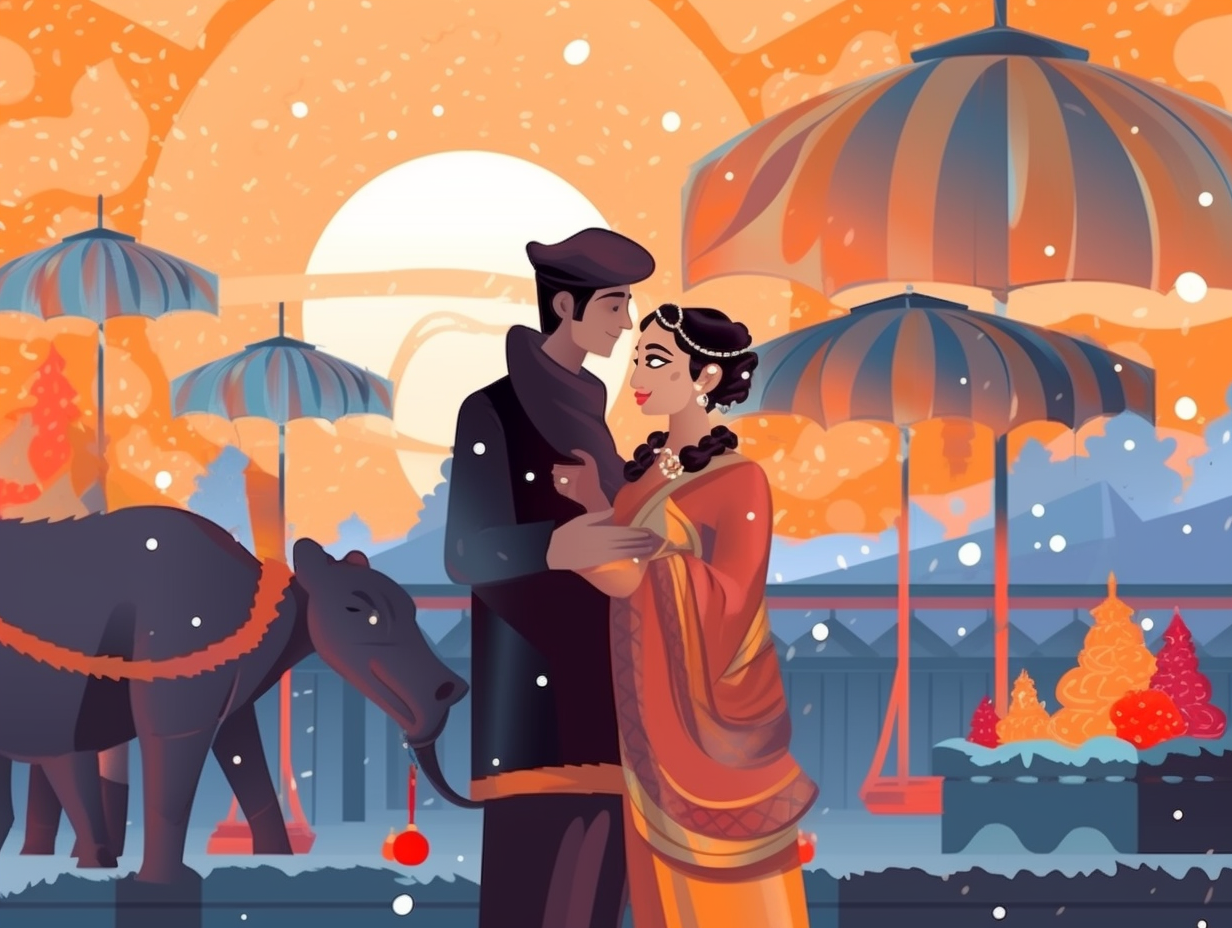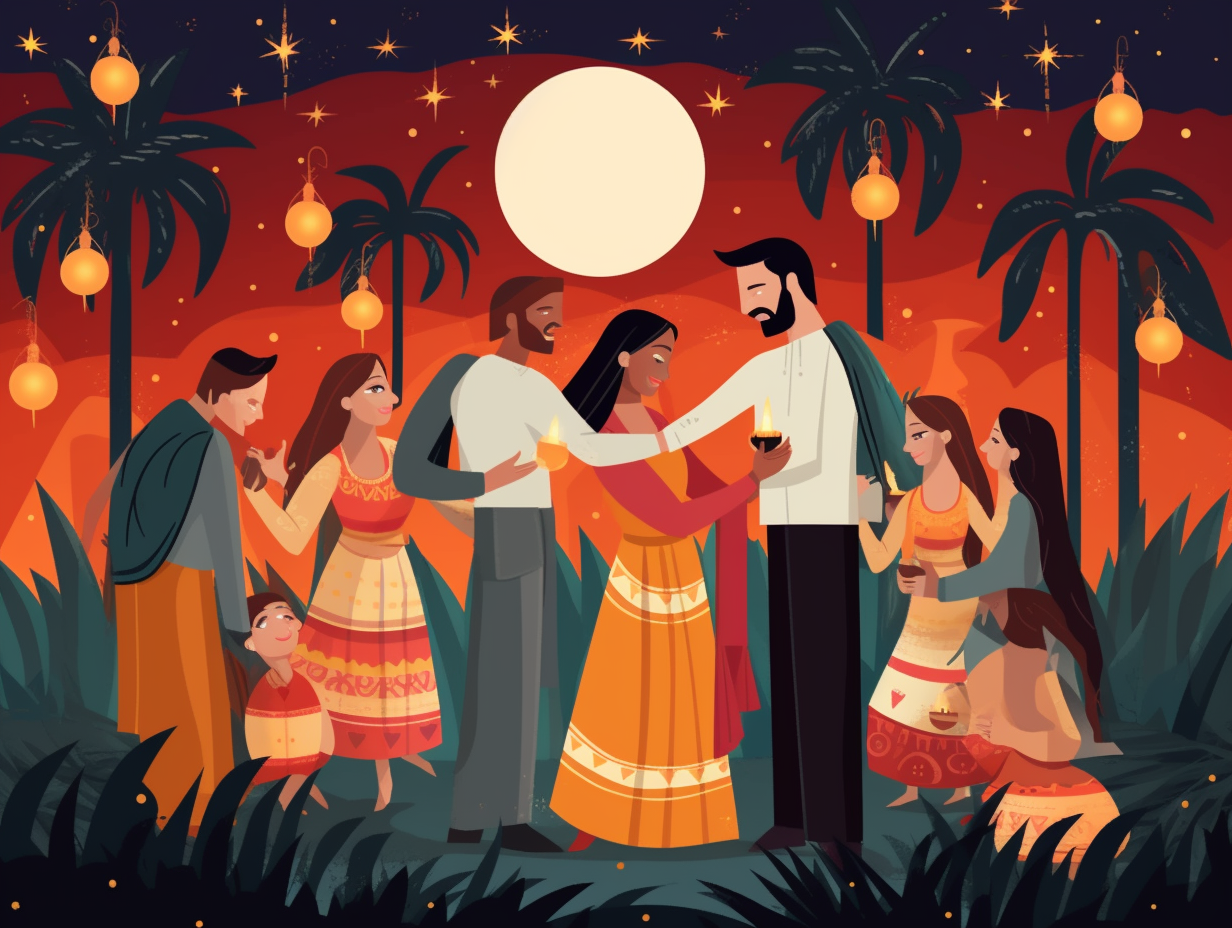Discover Parisian Magic: Top 8 Fun Facts About June 24th Celebrations You Never Knew!

1. Courbet's Funeral Masterpiece
When an artist throws a funeral for tradition and adds a dash of realism to the mix, you get the masterpiece known as "Death of Romanticism": On June 24th, 1850, Gustave Courbet finished his trailblazing painting "A Burial at Ornans", capturing his great uncle's funeral procession in all its mundane glory, shaking the art world and inspiring realism throughout Europe.
Source => artchive.com
2. Battle of Bannockburn: Braveheart Edition
Knights and kilts, oh my! In a majestic showdown reminiscent of epic Braveheart battles, Scotland's own Robert the Bruce outshined England's Edward II for a gripping season finale: On June 24, 1314, the Battle of Bannockburn marked a turning point in the First War of Scottish Independence, leading to Scotland's eventual independence restoration 14 years later, and leaving behind a legacy commemorated with a visitor center and a stately statue of Robert the Bruce.
Source => en.wikipedia.org

Did you know that Cinco de Mayo is celebrated more in the United States than in Mexico? Discover how this underdog battle story turned into a massive cultural celebration in cities like Los Angeles, Chicago, and Houston! 🎉🇲🇽
=> Fun Facts about Cinco-De-Mayo
3. Ireland's Euro 2016 Leap
As Irish eyes smiled wider than a leprechaun's pot o' gold on a rainbow-fueled Euro 2016 adventure: June 24, 2016, saw the Republic of Ireland triumph over Italy, advancing to the knockout phase of the European Championship for the first time, with Robbie Brady scoring the unforgettable winning goal.
Source => bleacherreport.com
4. Australia's Digital Walkabout
Who needs a land down under when you can have a web up yonder?: On June 24th, 2011, the Australian Senate said "G'day mate" to high-speed broadband after a 12-hour marathon session, passing pivotal National Broadband Network legislation and inviting millions of Aussies to join the digital walkabout.
Source => abc.net.au

5. The Birth of UFO Mania
Before "The X-Files" and E.T. were even a twinkle in Spielberg's eye, Kenneth Arnold was changing the extraterrestrial landscape with his very own space race: On June 24, 1947, the private pilot spotted nine circular objects flying at supersonic speeds, inadvertently coining the term "flying saucer" and sparking a nationwide obsession with unidentified flying objects and their otherworldly passengers.
Source => airandspace.si.edu
6. Astrodome's Space-Age Rescue
In a "Houston, we have a problem" moment of historic proportions: On June 24, 2013, the iconic Astrodome landed itself a spot on the National Trust's list of America's 11 Most Endangered Historic Places, emphasizing the urgency to save this architectural marvel. Fear not, fellow preservationists! Redemption soared in 2018 when a colossal $105 million renovation plan was greenlit to transform the space-age beauty into a multi-purpose, out-of-this-world events venue.
Source => savingplaces.org
7. The Verve vs. Rolling Stones
As the British Invasion of the 60s gave way to the British Reinvasion of the 90s, The Verve took a stroll down Bittersweet Lane and ended up in a Sticky Fingers situation with The Rolling Stones while forging their legacy: On June 24, 1997, The Verve played a song called "The Fourth Single" during a San Francisco gig, which was later rechristened as "Bittersweet Symphony," their biggest hit and one of the defining tracks of the late 90s. As the lead single from their third studio album, Urban Hymns, it was released on June 16, 1997; however, it also sparked a legal battle with The Rolling Stones over a controversial sample used in the track.
Source => radiox.co.uk
8. A Mary Poppins Premiere
Supercalifragilisticexpialidocious, a spoonful of sugar, and a touch of magic: On June 24, 1964, Mary Poppins, starring Julie Andrews in her feature debut, had its world premiere in Los Angeles, sweeping the world off its feet with 13 Academy Award nominations and five wins, including Best Actress for Andrews and Best Original Song for "Chim Chim Cher-ee."
Source => en.wikipedia.org
Related Fun Facts


